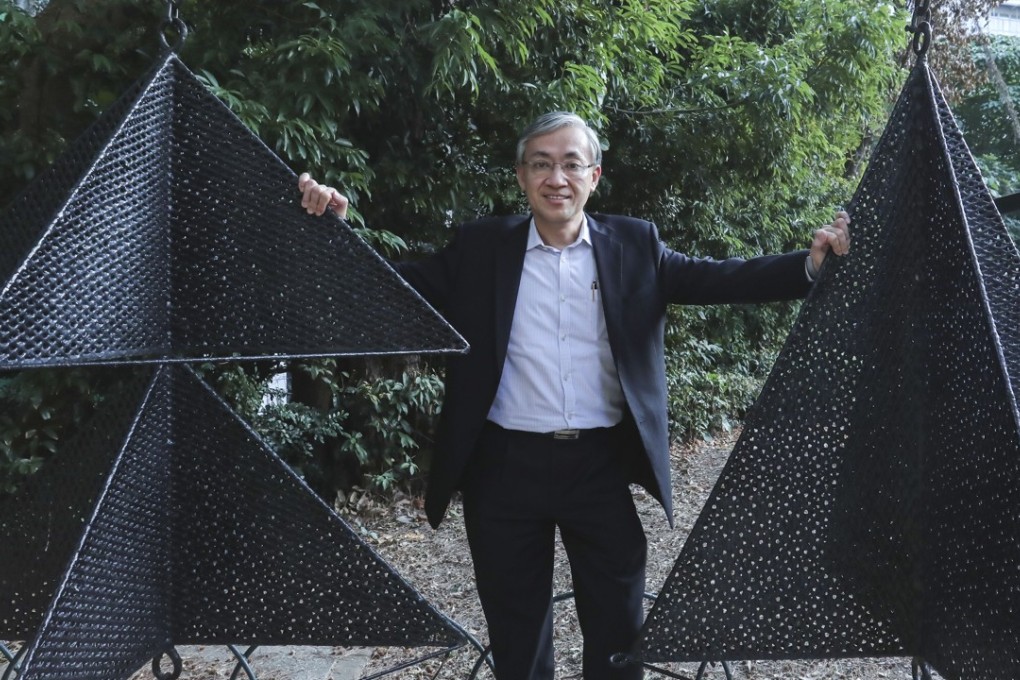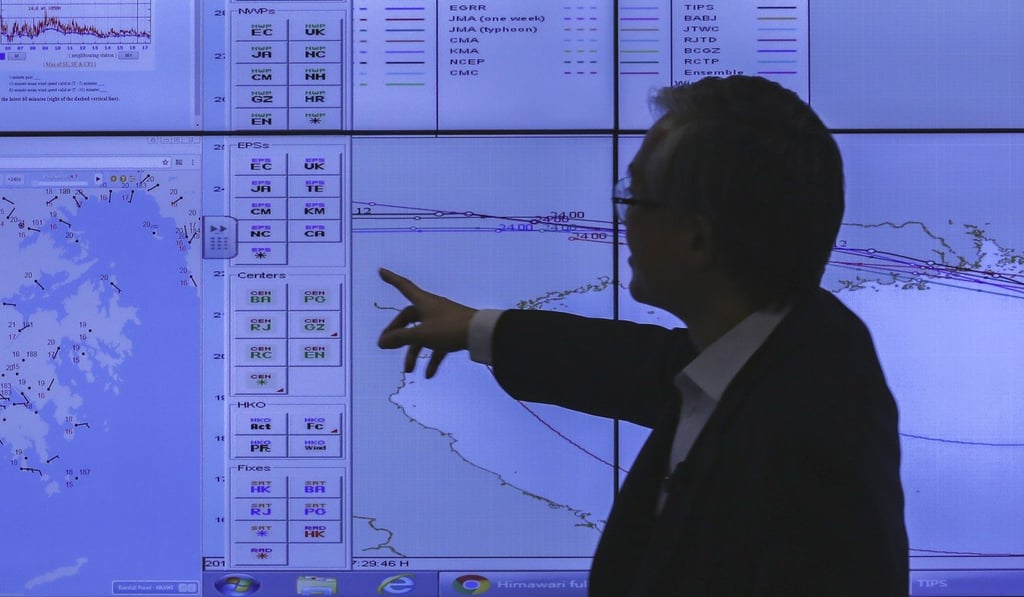We’ve been lucky in recent decades – but it may not last, warns Hong Kong weather chief Shun Chi-ming
Public should no longer take typhoons and extreme events lightly, says Observatory boss

The head of Hong Kong’s official weather forecaster has a stark warning for Hongkongers for the new year: “Hong Kong will not always be a blessed land.”
Despite being on track to break several weather records this year, Hong Kong Observatory chief Shun Chi-ming told the Post the city had been fortunate in the past few decades as it had mostly been sheltered from massive natural disasters.
But Shun said Hongkongers should no longer take typhoons and extreme weather events lightly, as more could strike with the impact of climate change continuing to sweep the globe.
“Hong Kong is clearly feeling the effects of climate change. Although some people still cast doubt on it, the scientific evidence is loud and clear,” he said.
